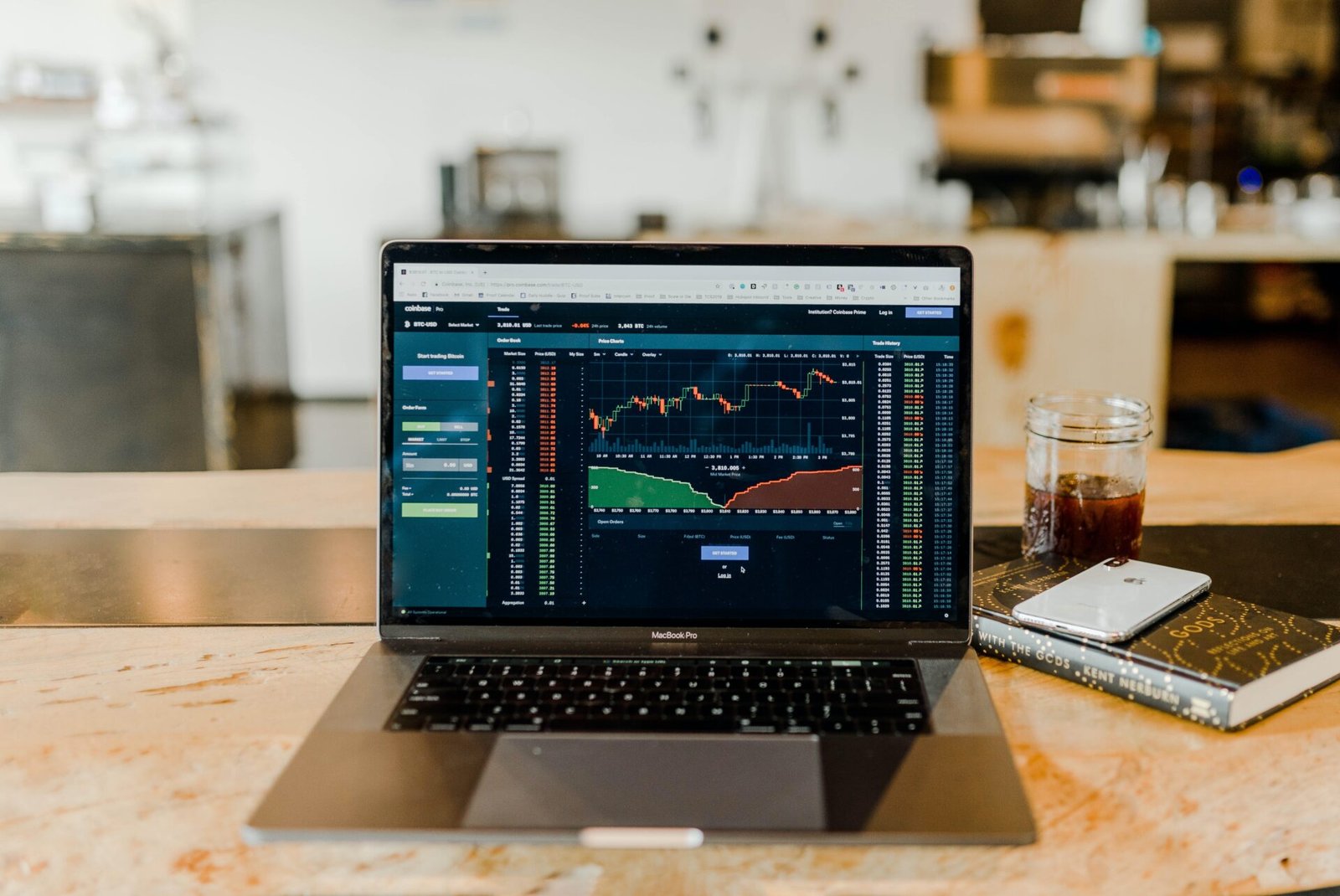Equity index futures are financial derivatives that allow traders to speculate on the future direction of stock market indices. In this article, we will explore what equity index futures are, how they trade, and their impact on stock prices. We will also discuss how to use futures to trade stocks effectively.
What are Equity Index Futures?
Equity index futures are contracts that represent the value of a specific stock market index, such as the S&P 500 or the NASDAQ 100. These futures contracts enable investors to bet on the future direction of the underlying index without having to own the individual stocks that comprise it.
When trading equity index futures, investors are essentially speculating on whether the index will rise or fall in value. If they believe the index will go up, they can buy futures contracts to profit from the increase. Conversely, if they anticipate a decline in the index, they can sell futures contracts to profit from the decrease.
How Do Equity Index Futures Trade?
Equity index futures trade on organized exchanges, such as the Chicago Mercantile Exchange (CME) or the Eurex Exchange. These exchanges provide a centralized marketplace where buyers and sellers can trade futures contracts in a transparent and regulated manner.
Trading equity index futures involves entering into a contract with a specified expiration date. The contract specifies the price at which the index futures will be bought or sold in the future. Traders can hold their positions until the contract expires or close them out before expiration.
It’s important to note that equity index futures are highly leveraged instruments, meaning that traders can control a larger position with a smaller amount of capital. This leverage can amplify both gains and losses, making futures trading a high-risk endeavor.
Impact on Stock Prices
Equity index futures can have a significant impact on stock prices, especially during periods of market volatility. When futures traders anticipate a decline in the index, they may sell futures contracts, which can put downward pressure on the underlying stocks.
Conversely, when futures traders expect the index to rise, they may buy futures contracts, which can create buying pressure on the stocks in the index. This buying pressure can drive up stock prices as traders seek to profit from the anticipated increase in the index.
However, it’s important to note that the relationship between equity index futures and stock prices is complex and influenced by various factors, including market sentiment, economic indicators, and geopolitical events. Therefore, it’s crucial to consider multiple factors when analyzing the impact of futures trading on stock prices.
Using Futures to Trade Stocks
Traders can use equity index futures to trade stocks in a variety of ways. One common strategy is index arbitrage, where traders simultaneously buy or sell index futures and the underlying stocks to profit from price discrepancies between the two markets.
Another approach is using futures contracts as a hedging tool. For example, if an investor holds a portfolio of stocks and wants to protect against a potential market downturn, they can sell equity index futures to offset potential losses in the stock portfolio.
Additionally, traders can use equity index futures to speculate on the overall direction of the stock market. By analyzing market trends, technical indicators, and fundamental factors, traders can make informed decisions on whether to buy or sell futures contracts based on their outlook for the stock market.
Conclusion
Equity index futures provide traders with a way to speculate on the future direction of stock market indices without directly owning the underlying stocks. These futures contracts trade on organized exchanges and can have a significant impact on stock prices. By understanding how equity index futures work and using them effectively, traders can enhance their investment strategies and potentially profit from market movements.






Be First to Comment